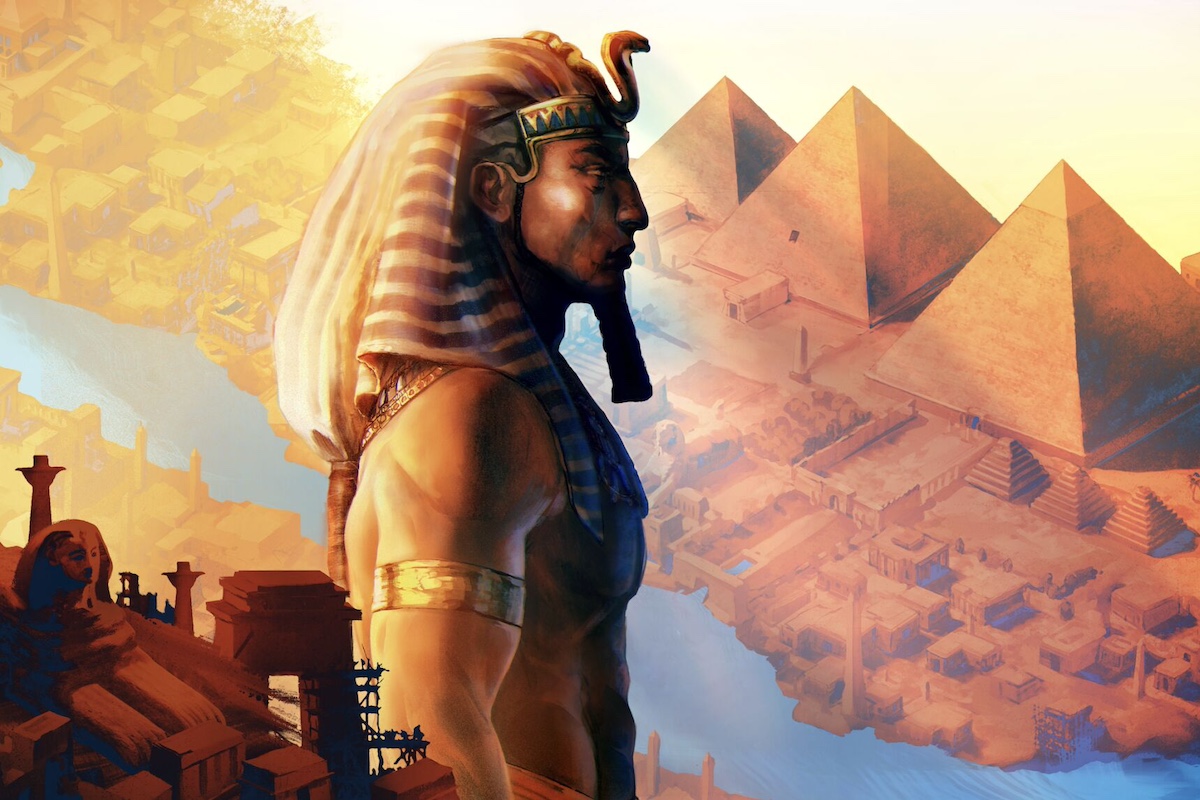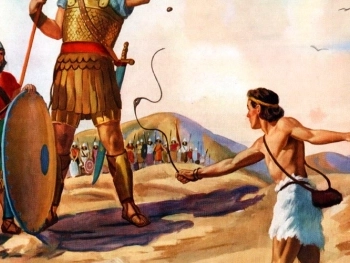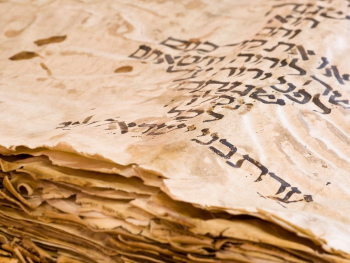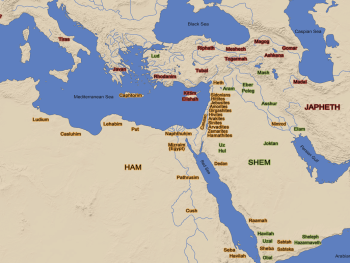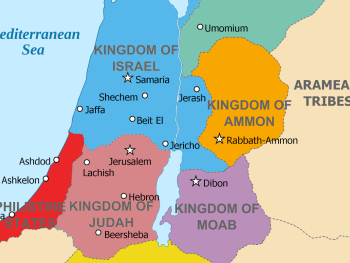Ancient Egypt stands as one of the most fascinating civilizations in human history, with its monumental architecture, enigmatic hieroglyphics, and enduring legacy captivating the imagination of people around the world. For those interested in biblical history, Egypt holds particular significance as the backdrop for the dramatic events surrounding Moses and the Pharaohs. In this article, we embark on a journey to uncover the wonders of Ancient Egypt and gain insights into the world that shaped the biblical narrative.
The Land of the Nile
Ancient Egypt flourished along the fertile banks of the Nile River, where its people thrived in a land blessed with abundant resources and natural protection. The Nile, with its annual flooding cycle, provided the necessary water and nutrients for agriculture, enabling the Egyptians to cultivate crops and sustain a complex society.
Monumental Architecture
One of the most striking features of Ancient Egypt is its monumental architecture, characterized by massive pyramids, majestic temples, and intricate tombs. The Great Pyramid of Giza, built during the reign of Pharaoh Khufu, stands as a testament to the engineering prowess and grandeur of this ancient civilization. The temples of Karnak and Luxor, dedicated to the worship of gods and goddesses, showcase the artistic and spiritual achievements of the Egyptian people.
Hieroglyphic Script
Central to the civilization of Ancient Egypt was its hieroglyphic script, a complex system of writing consisting of pictorial symbols and phonetic signs. Hieroglyphs adorned the walls of temples and tombs, conveying religious beliefs, historical events, and royal decrees. Deciphering this ancient script has provided invaluable insights into the daily life, religious practices, and political dynamics of Ancient Egyptian society.
The Exodus Story
The biblical account of Moses and the Exodus from Egypt is one of the most enduring and consequential stories in religious history. According to the Book of Exodus, Moses, born a Hebrew slave but raised as an Egyptian prince, confronts Pharaoh Ramses II and demands the release of the Israelites from bondage. After a series of plagues devastate the land, Pharaoh relents, and the Israelites embark on their journey to freedom, guided by the divine hand of God.
Historical Context
While the Exodus story remains a foundational narrative in Judaism, Christianity, and Islam, historians and archaeologists continue to debate its historical veracity. While some scholars argue for a literal interpretation of the biblical account, others propose alternative theories, suggesting that the Exodus may have been a smaller-scale event or a composite of various historical migrations.
Legacy and Influence
Regardless of the historical debate, the story of Moses and the Exodus has left an indelible mark on human consciousness, inspiring countless works of art, literature, and theology. The themes of liberation, justice, and faith resonate across cultures and religions, reminding us of the enduring power of the human spirit to overcome oppression and seek a better future.
As we journey through the sands of time to discover Ancient Egypt, we gain a deeper appreciation for the world that shaped the biblical narrative of Moses and the Pharaohs. From the monumental achievements of architecture and art to the enduring legacy of religious and cultural influence, Ancient Egypt continues to captivate our imagination and illuminate the mysteries of the past.
